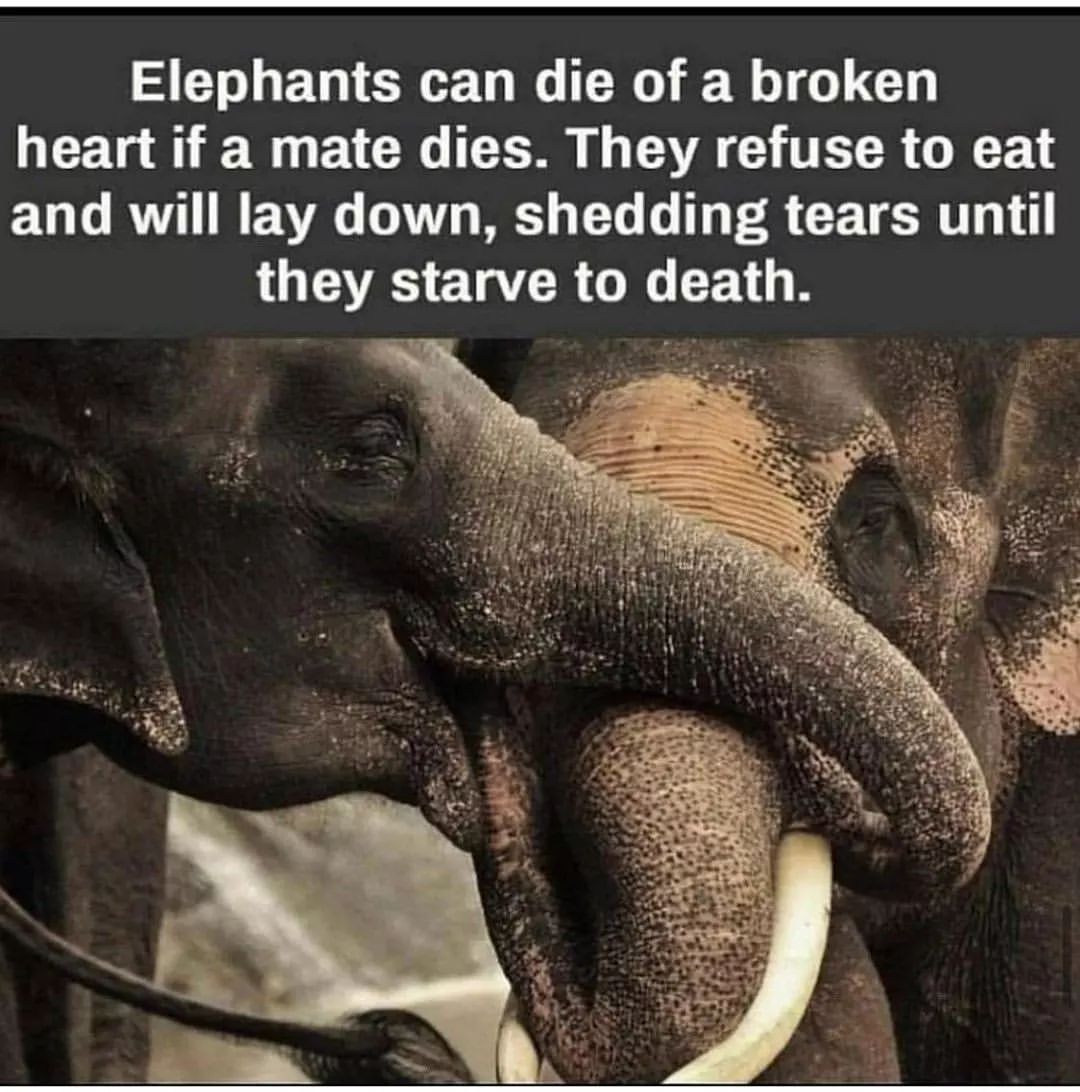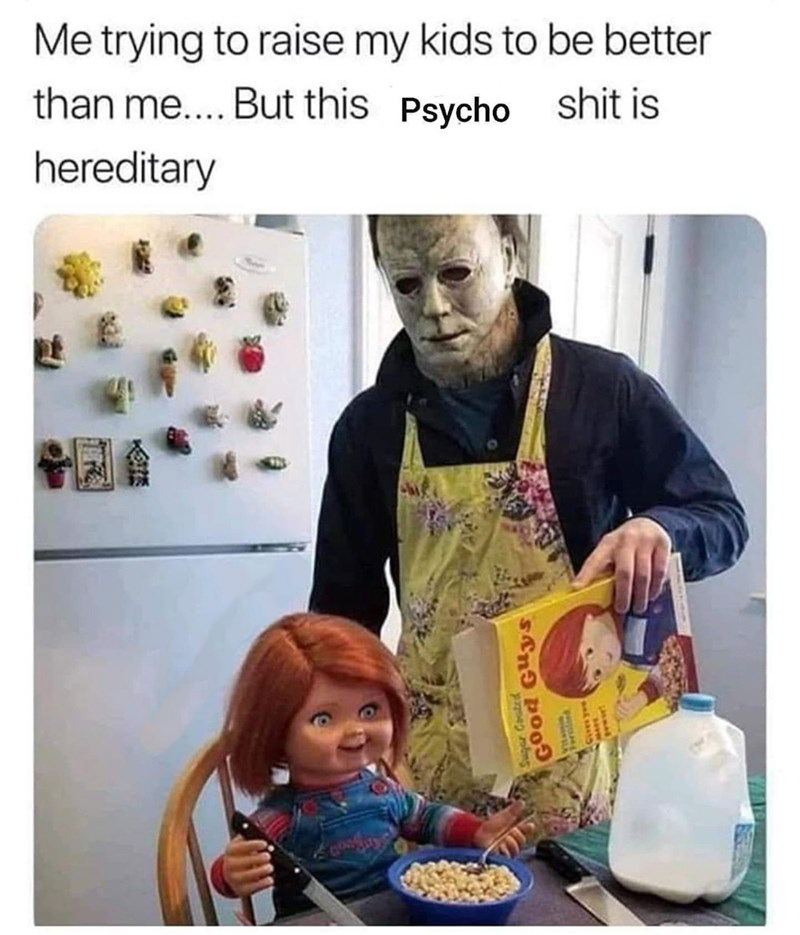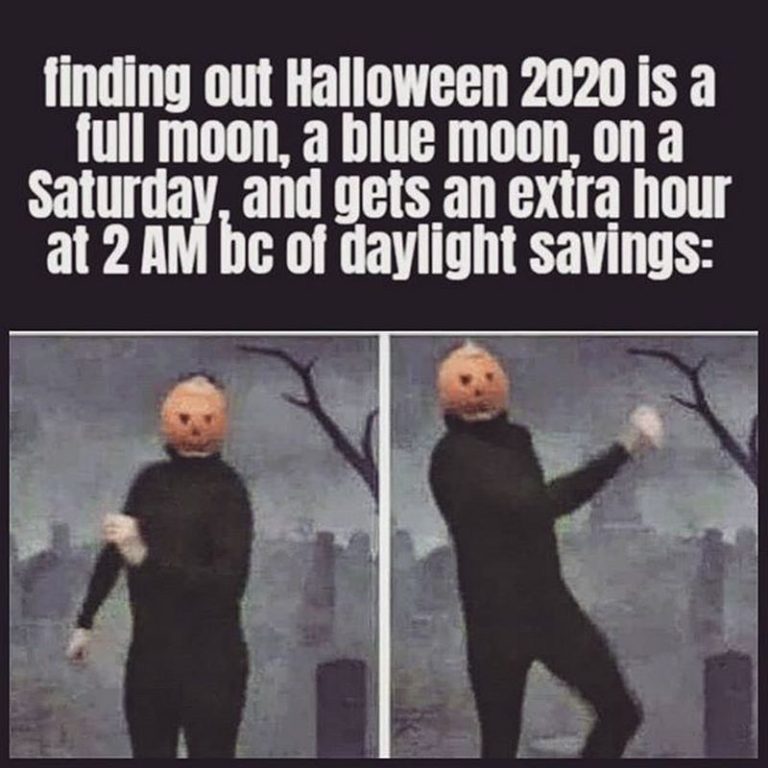Gallery
Photos from events, contest for the best costume, videos from master classes.











A child would be more likely to mention a talking skeleton than a sacred bonfire when discussing the origin of Halloween. Stacker compiled a list of ways that Halloween has changed over the last 100 years, from how we celebrate it on the day to the costumes we wear trick-or-treating. We've included events, inventions, and trends that changed All Hallows' Eve, or Halloween as it is commonly referred, is a global celebration on October 31. It developed from the ancient Celtic ritual of Samhain, which was, in the simplest terms, a festival celebrating the changing of the seasons from light to dark (summer to winter). This would usually take place around November 1. The most infamous case took place on October 31, 1974. That’s when a Texas man named Ronald O’Bryan gave cyanide-laced pixie sticks to five children, including his son. The other children Halloween’s origins date back to the ancient Celtic festival of Samhain (pronounced sow-in). The Celts, who lived 2,000 years ago, mostly in the area that is now Ireland, the United Kingdom and Halloween is usually celebrated amongst family, friends and, sometimes, co-workers. However, some areas hold large community events. Parties and other events may be planned on October 31 or in the weekends before and after this date. Adults may celebrate by watching horror films, holding costume parties or creating haunted houses or graveyards. According to Kelly, the name is a combination of the Scottish words “hallow,” which loosely translates into “saint” or “holy person,” and “een,” which means “evening.”. In Halloween is among the oldest traditions in the world as it touches on an essential element of the human condition: the relationship between the living and the dead. The observance evolved from ancient rituals marking the transition from summer to winter, thereby associating it with transformation, which is still a central theme of the holiday. Enchanting Etymology. Before jumping into the ancient holiday's history, it's helpful to start with the basics and learn the origins of its name. The word Halloween has evolved from Hallowe'en. In turn, this whimsical word is shorthand for “hallowed evening,” and refers specifically to All Hallows' Eve. All Hallows' Eve is a celebration Roughly 2,000 years ago, the ancient Celts began celebrating Samhain to scare away the spirits. They associated the seasonal transition with darkness, cold, and death. The Halloween colors orange and black can be traced back to this time when black was associated with death and orange symbolized the fall harvest. Of course, Halloween didn’t originate in the U.S. Though it’s hard to be certain about its roots, scholars have a general sense of its history. As described in a classic 1990 research paper by Russell Belk, who studies consumer culture at York University in Toronto, the holiday can be traced back to the Samhain festival (meaning “summer’s end”) among the Celts, a people who first This new trilogy, consisting of Halloween (2018), Halloween Kills (2021), and Halloween Ends (2022), has been praised for its return to the core elements of the franchise while offering fresh The Krewe of BOO!’s now-deceased founder Blaine Kern started the Halloween Parade in 2007 to cheer up the city after Hurricane Katrina. He already had a reputation as the “King of Mardi Gras Heroes! 🎁 Halloween has already passed, but its spirit is still with Pangea. Spooky creatures roam these lands, but they mean no harm. They spread the word of terrifyingly good deals with Grand Ma, Reaper, Dandy Croc, and Blair! These limited offers are already available – get your rewards before they disappear! Logging in only takes a few seconds. This will unlock check-in rewards and game tools all at once! Your job may not be Halloween (as shown by your search for last-minute Halloween costumes), but you can still have the best night ever this Oct. 31 by dressing in an iconic outfit from the hottest
Articles and news, personal stories, interviews with experts.
Photos from events, contest for the best costume, videos from master classes.










